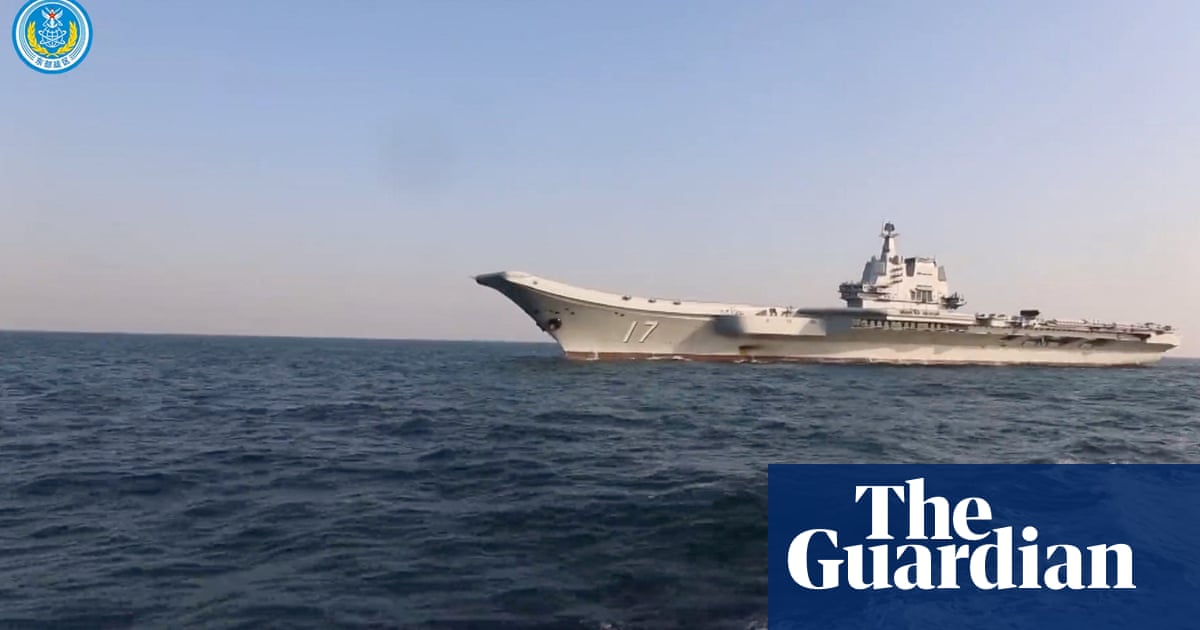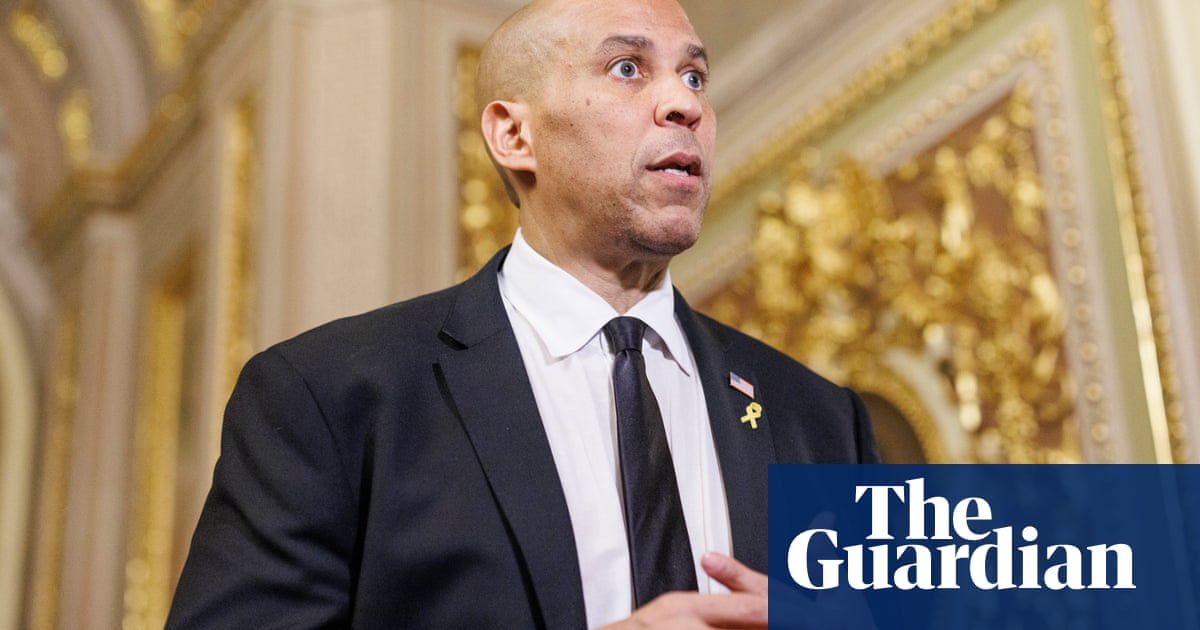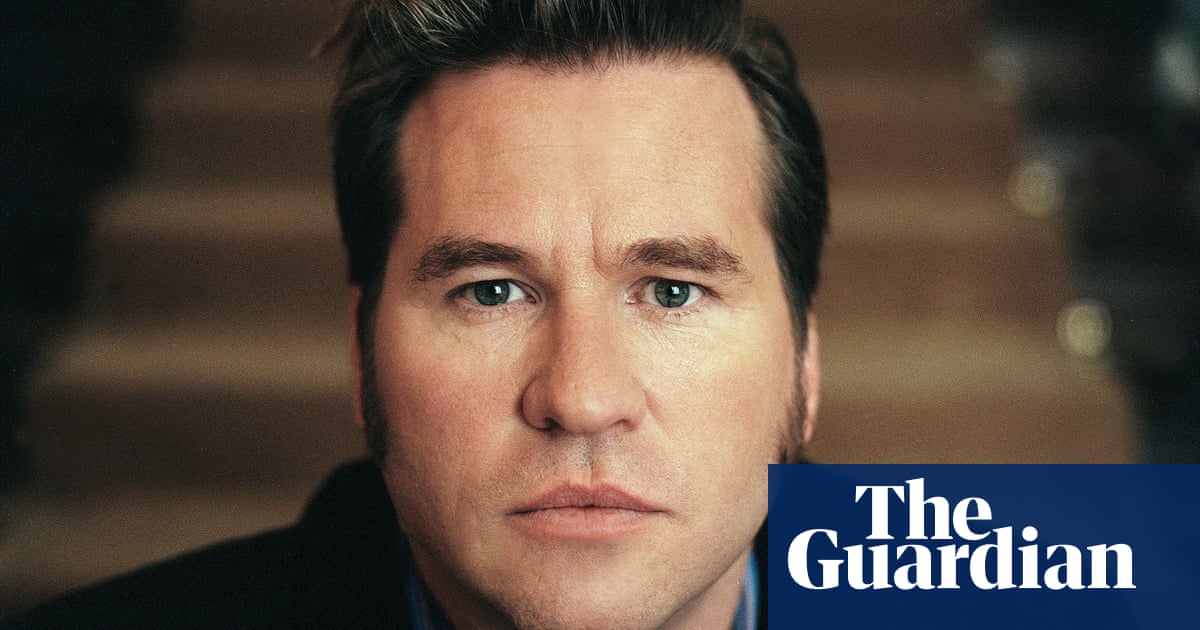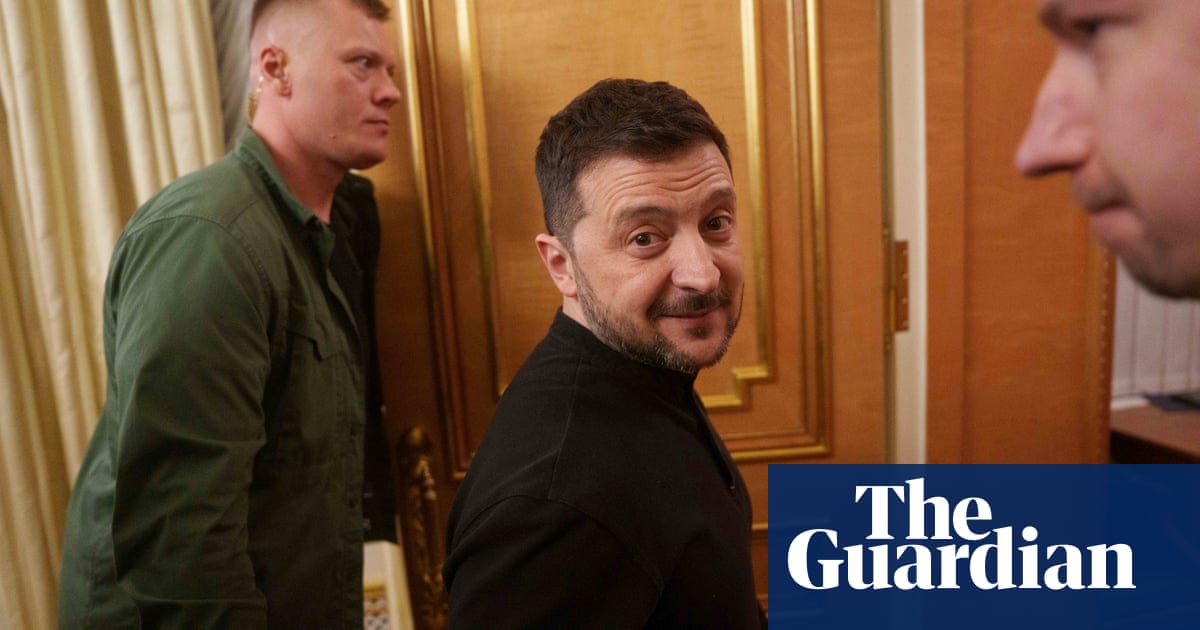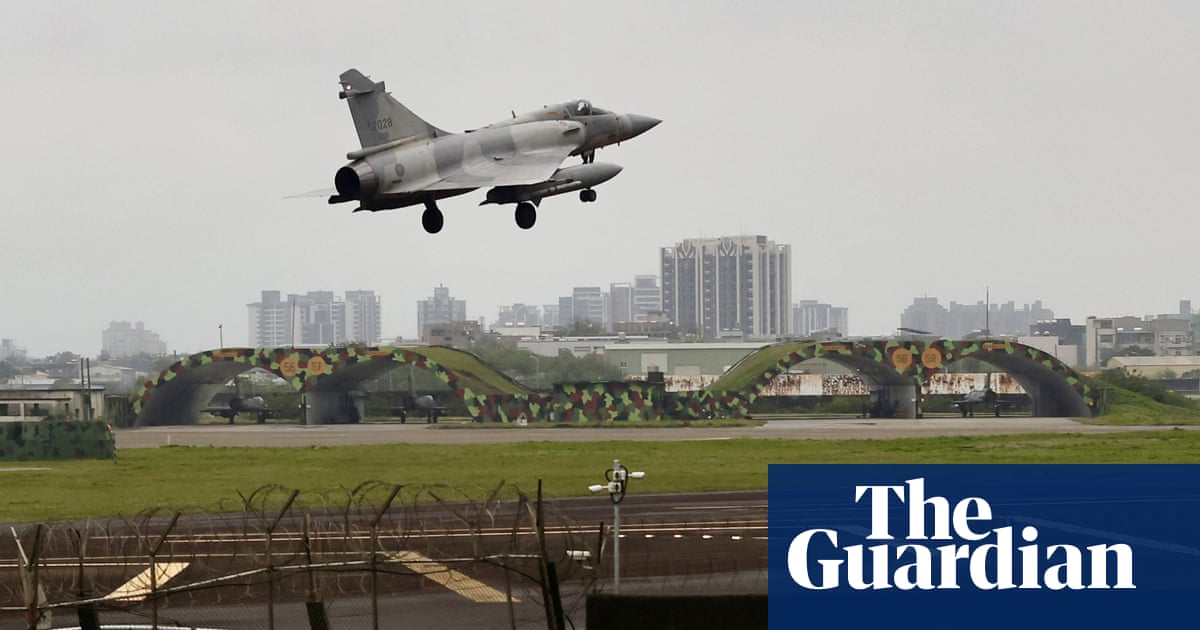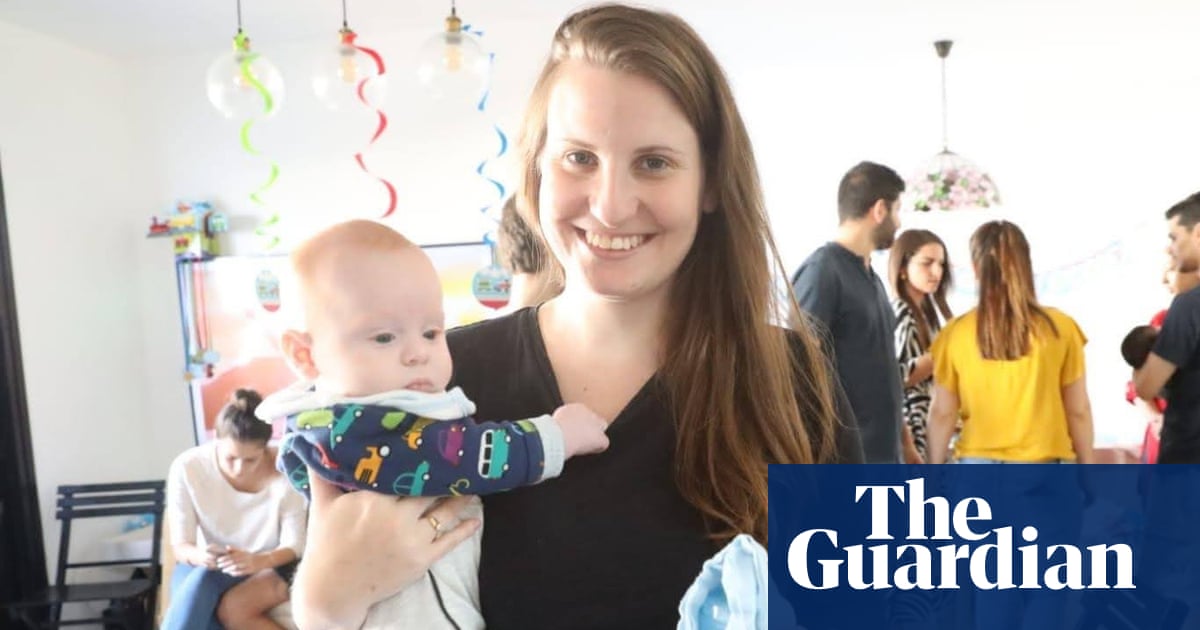Paul Dickenson, who has died aged 74, worked as a BBC commentator for more than 20 years and was associated with some of the greatest moments in British athletics history.
It was Dickenson who was commentating when the triple jumper Jonathan Edwards broke the world record at the 1995 World Athletics Championships with a leap of 18.29m, which still holds. His was also the principal voice describing Olympic heptathlon gold-medal-winning performances by Denise Lewis in the 2000 Games in Sydney and Jessica Ennis-Hill, who triumphed in the London Games 12 years later.
Respected by journalists and athletes alike, and universally known as “Dicko”, Dickenson was generous with his knowledge and constructive with the criticism and advice he was always ready to offer. There are few in the media world without enemies, but Dicko seemed to be one to whom that description could be applied.
He had been an international athlete in his own right, representing Great Britain in the hammer throw in 1976 and 1980 Olympic Games and coming closest to a major medal in 1982 when he finished fourth in the Brisbane Commonwealth Games of 1982. But his greater fame came through his work behind a microphone. The warmth of his voice gained popularity with viewers as he delivered words of genuine authority while somehow maintaining the demeanour of a favourite uncle.
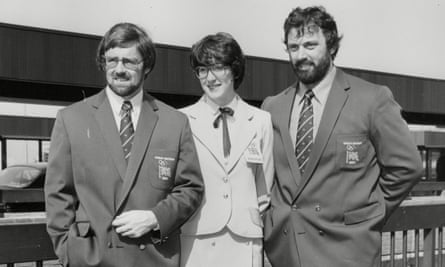
Born in North Shields, North Tyneside, Dickenson was the son of Derek, a schoolteacher, and Joan. He was an outstanding school athlete, winning five consecutive English Schools titles for the hammer throw after his potential was recognised by Carl Johnson, a PE teacher at Tynemouth grammar school, who went on to become his long-term coach.
Dickenson trained as a teacher at Borough Road College in London (1968-71), and joined the staff at Dr Challoner’s grammar school, Amersham, Buckinghamshire, where he taught for a decade. Then, the BBC presenter and commentator David Coleman, whose son was a pupil at the school, approached Dickenson to see if he would be interested in work as a floor manager, grabbing athletes for interviews. He started doing the interviews himself at the 1987 World Championships and at the Seoul Olympics in 1988.
Alongside Coleman, Stuart Storey, Brendan Foster and Steve Cram, Dickenson became one of the voices of a golden era of British athletics. He soon stepped up to cover major international meetings from the 1990 Auckland Commonwealth Games onwards.
His career as a frontline commentator ended only in 2014 after he suffered a series of mini-strokes while covering the Winter Olympics in Sochi, Russia.
Dickenson had covered winter and paralympic sports, strongman events, royal events and other major occasions, but it is his work in athletics for which he will be best remembered, and he remained passionate about the sport, maintaining an involvement as a coach and taking sessions at the Windsor Slough Eton and Hounslow athletics club until his sudden death.
All who knew him will cherish memories of his mischievous sense of humour. Storey, who became one of his closest friends in their many years travelling the world together, said: “We were lucky to have been involved in the best time for athletics and we had so much fun broadcasting about the sport we loved.”
Dickenson was a regular host of athletics dinners and functions, and over the years raised considerable sums for charity.
He married his childhood sweetheart, Ann Stevens, whom he had known since primary school, in 1971. They were both members of North Shields Polytechnic Harriers. She and their two daughters, Rachel and Lindsay, and four grandchildren survive him.

.png) 3 months ago
38
3 months ago
38






